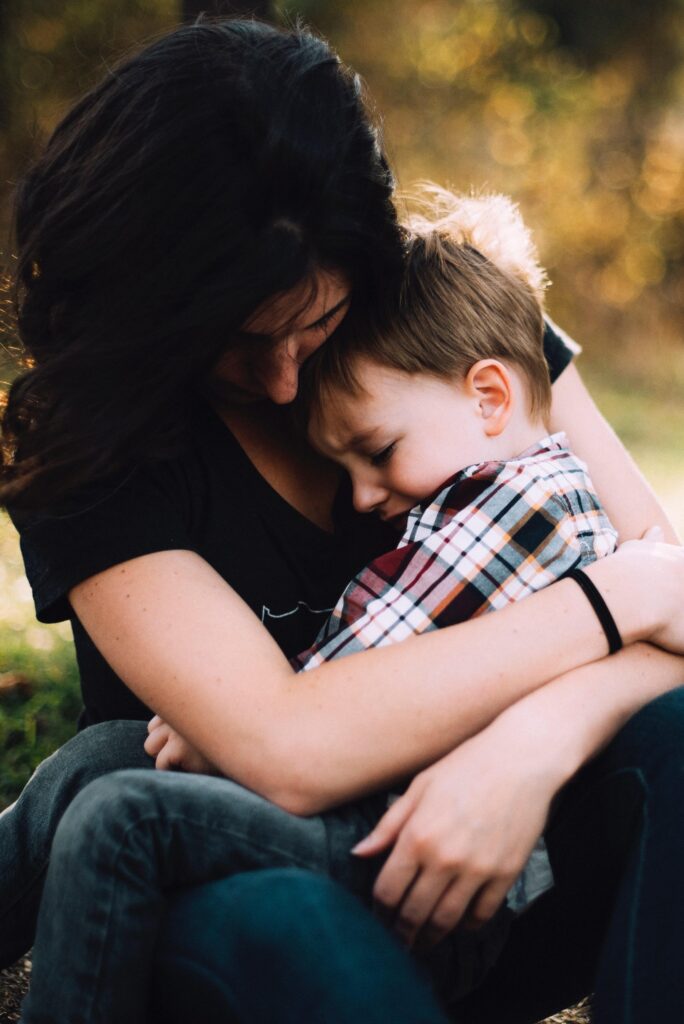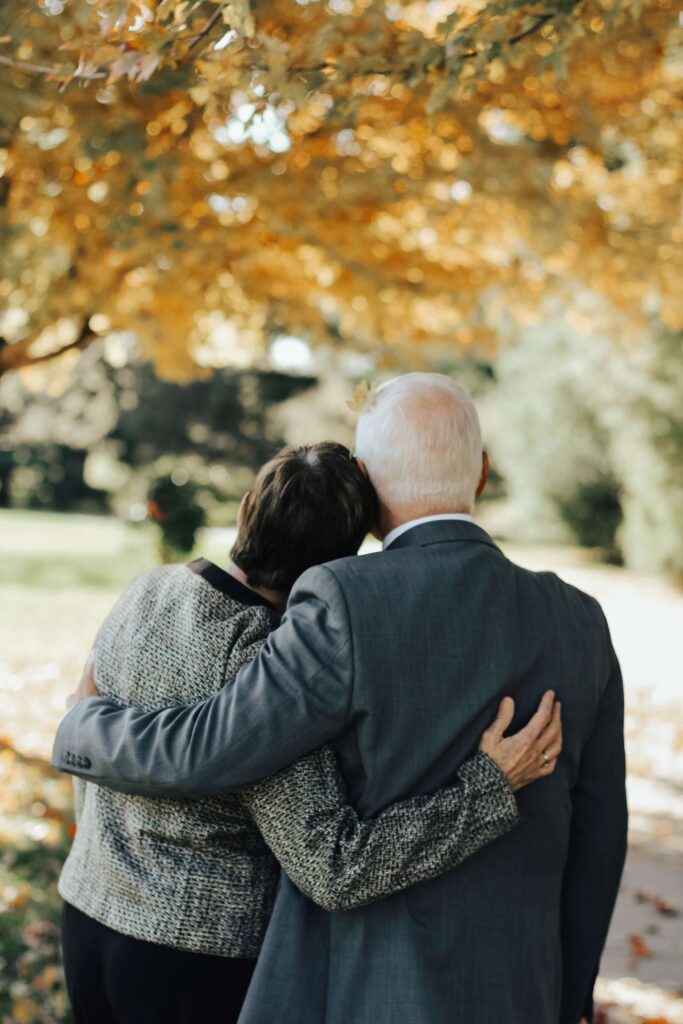Maintain your connections with loved ones
Although the pain you are experiencing may often cause you to withdraw from family and friends, connection with family and friends is important for the healing process. Comfort can come from simply having people around you. If distance prevents you from face-to-face contact, you can still maintain relationships through video links such as FaceTime or Skype. FaceTime is available on Apple devices, and Skype allows you to keep in touch with free video chat, messaging, and affordable international calls. Phone calls are also a great way of maintaining connections. Talk to family and friends through video links and phone calls about what you are going through and let them be a virtual shoulder to cry on.
Draw comfort from your faith
You can also draw comfort from the religious tradition you follow, embracing the mourning rituals. At home you can pray, meditate, and read. Solace can be found in literature and music. And practicing meditation and mindfulness can help you to stay grounded and manage overwhelming emotions. If you find you are questioning your faith, reach out to the leader of your place of worship.
Join a support group
To prevent grieving by yourself, you can join a support group. This will consist of people who gather together and are facing similar emotions. You may find that sharing your grief with people who are going through a bereavement can help as they offer support, encouragement, and comfort. A support group is a safe place where you can receive practical and constructive information and advice. Contact local hospices, hospitals, counselling centres and of course your local funeral home to find bereavement support.
Remember to take care of yourself
At this time, the smallest tasks may have become very difficult, and it’s important to look after yourself. Try to eat nourishing food, get plenty of rest and exercise regularly. Going for a walk or the gym is not only good for your physical well-being, but also mentally, as you meet and engage with people. Always go to the shops and supermarket for your food as again, you are getting out of your home. Try not to be tempted by at home deliveries unless absolutely unavoidable. Freshly prepared meals are good for your physical health and make sure to drink plenty of water. Sleep when you feel the need and let your body be your guide as it works to heal you in your time of need. Don’t be tempted to use alcohol or drugs to numb the pain of grief.
Maintain or find hobbies and interests
Routine can be comforting and can bring joy as you connect with the people you know. Maintain your hobbies such as going to the gym, swimming, tennis, and golf or going to craft groups. When you feel ready, you could try joining a new club or trying a new activity; it offers a positive distraction from your daily routine and is an opportunity to meet new people.
Be careful with social media
Initially, social media may be a good way of letting friends and family know about the death of someone close to you. It can be a good way to reach out for support. However, be careful how you use social media and use closed groups rather than public postings.
Plan ahead for grief triggers
Grief triggers can vividly bring back memories of the past and the ways you used to celebrate special days and holidays. These can include birthdays, or anniversaries and other important milestones. By planning ahead, you can make sure you are not alone on such events. You can mark the date in a creative way such as by organising a lunch, supper or a trip to a venue or event. People are usually very supportive and will help make the day easier.
Be gentle with yourself
Remember, grief is completely normal. It’s also scary, painful and, at times, debilitating. Don’t talk to yourself using harsh language. For instance: ‘I should be doing this by now’. Grief has no time frame and everyone is different. Be gentle with yourself and allow yourself time to grieve – you won’t feel like this forever.
Talk to professionals and utilise helplines
You may find it beneficial to talk with a therapist or grief counsellor. An experienced professional can assist you in working through the emotions you are experiencing. You can opt for in-person therapy or go online. There are several helplines, with trained professionals, that can either provide you with advice or support you emotionally at this difficult time. Some also have online chat features if you would rather not talk in person:
Here are a few more things you could try:
- Visit your local library
- Join a book club, knitting group, bridge club etc.
- Explore meet-up groups
- Learn a new skill – language, DIY skills, gardening etc.
- Take a holiday or a weekend away
- Try volunteering to meet people





